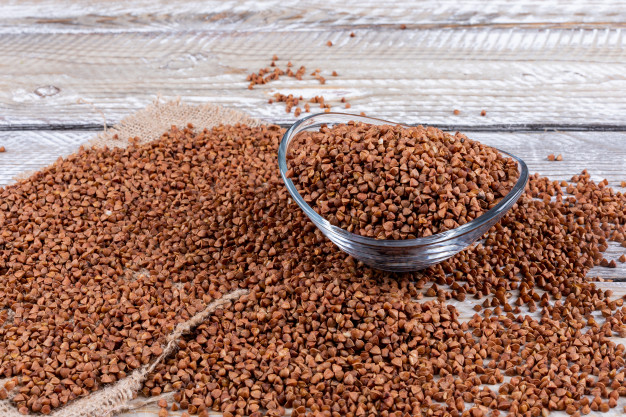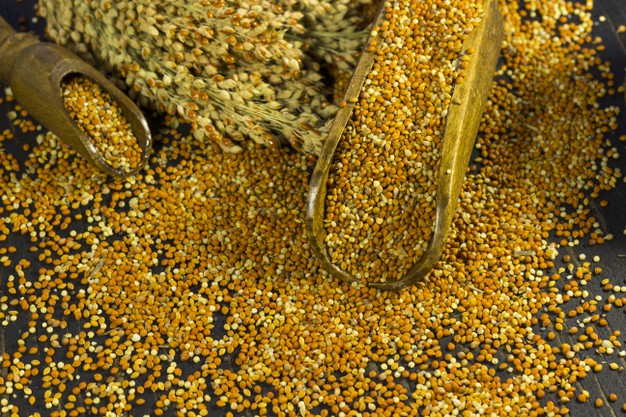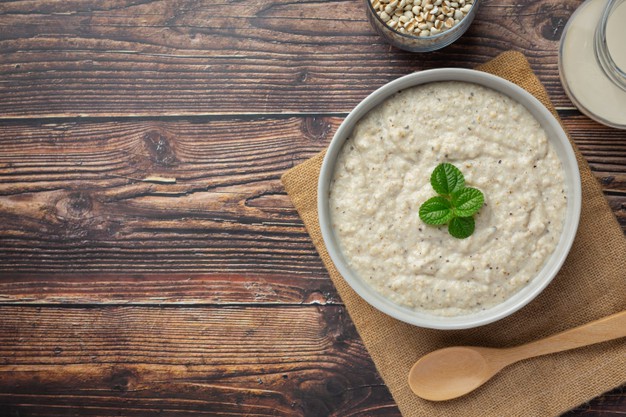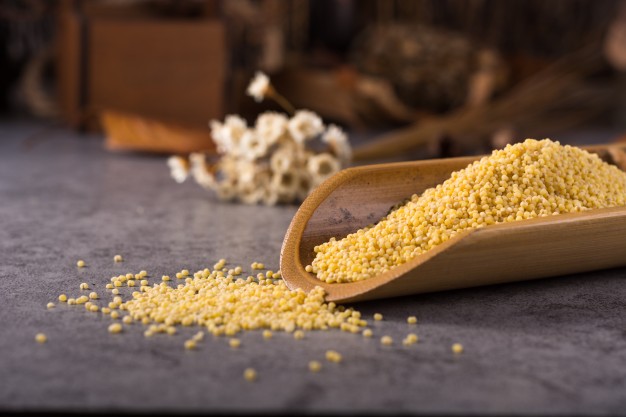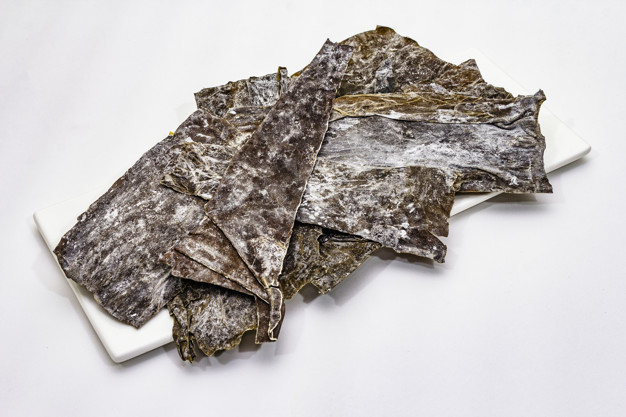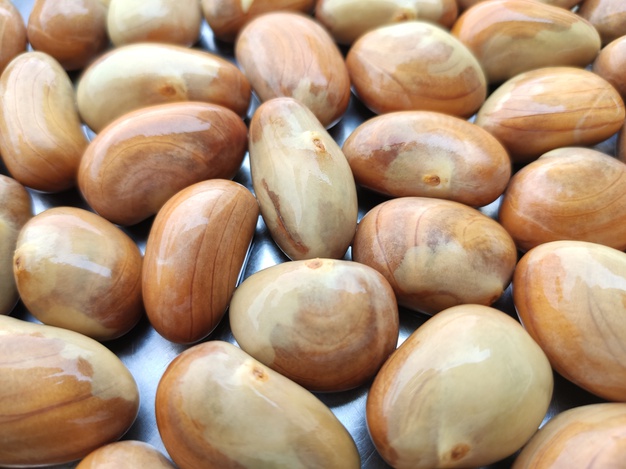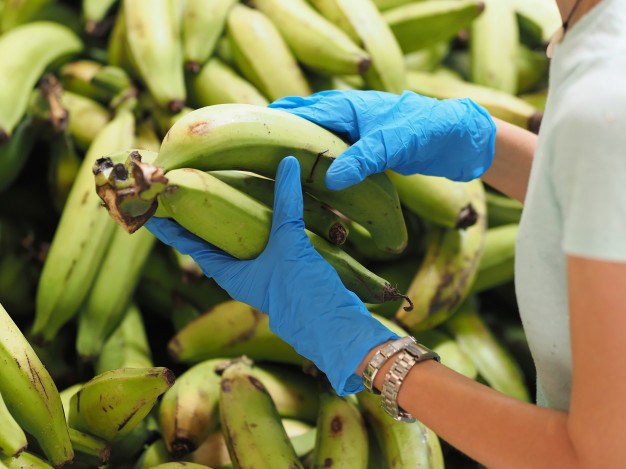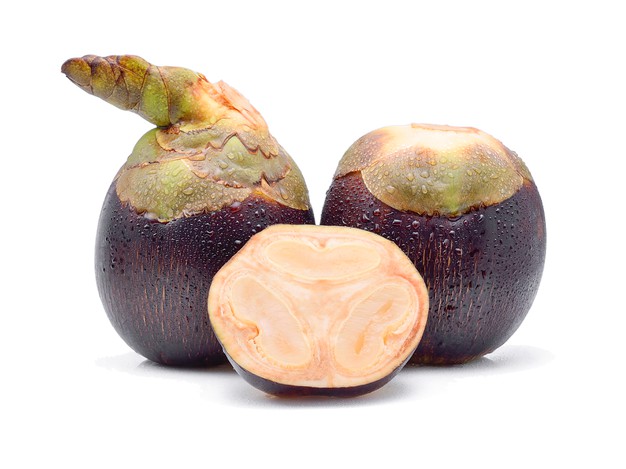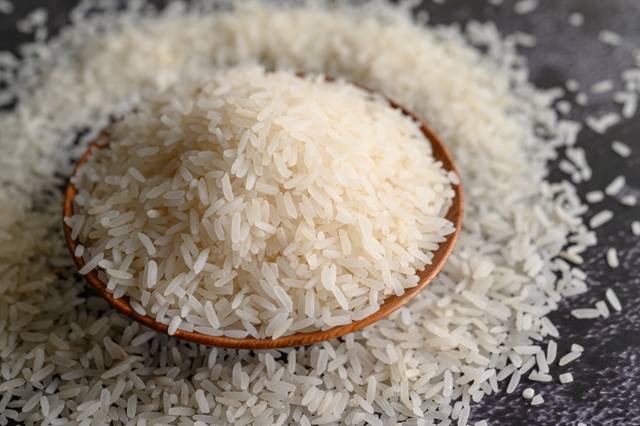Watermelon, moisture content, micronutrient contents, phytonutrient contents, hydration, toxin elimination and disease preventive role
Description : Watermelon is a nutrient dense juicy fruit, belongs to Cucurbitaceae family. It contains numerous
Article Details :
Watermelon is a nutrient dense juicy fruit, belongs to Cucurbitaceae family. It contains numerous imperative nutrients and extensively used for cooling down the body during summer. It also offers several health benefits.
Some important information regarding watermelon
- It is believed that watermelon has its origin in South Africa
- It has seen that in ancient Egypt watermelon has been extensively used in burial tomb, where it was placed under burial tomb for providing proper nourishment to the tomb
- Generally it is found in diverse variety like bitter, bland and sweet
- The inner flesh of watermelon is generally sweet and has pink to deep red colour
- It contains various black seeds, which also offers profound health benefits

Nutritional profile
- It is a perishable food as it contains about 90% moisture
- It contributes very less amount of calorie on its oxidation thus it is considered as low calorie fruit
- It also contains less amount of carbohydrate. Basically starch, dietary fibre and sugar are found in watermelon as carbohydrate
- It contains trace amount of protein
- It contains negligible amount of fat as well
- It contains several vitamins like Vitamin A, Vitamin C, Vitamin E, Vitamin B1, B2, B3, B5, B6 and B9
- Potassium, calcium, magnesium, manganese, iron and zinc are the main trace elements found in watermelon
- It contains numerous phytonutrients, which include lycopene, crypto-xanthin-beta, carotene-alpha, zeaxanthin and lutein
Health benefits
Role on hydrating the body
- Its high moisture content is responsible for protecting the body from dehydration
- Consumption of watermelon is very helpful for preventing mouth dryness as it helps to hydrate the body
- Staying hydrated is very much important for obtaining a good health status as it helps to clean the body by stimulating toxin elimination
- It also helps to cool the body and prevents heat strokes
Anti-inflammatory activity
- Lycopene component of watermelon plays imperative role in preventing inflammation
- It is related with decreasing the concentration of pro-inflammatory mediators in body that helps to delay the onset of inflammatory events
Anti-carcinogenic activity
- Its lycopene and micronutrients contents are responsible for exerting anti-carcinogenic effects, which help to protect the body from the harmful effects of carcinogens
- It is very effective for reducing the prevalence of prostate cancer
Antioxidant activity
- Vitamin A, Vitamin C and lycopene components of watermelon act as strong antioxidant
- It helps to reduce the concentration of free radicals in body and decreases oxidative stress thus helps to reduces the risk of developing chronic diseases
Role on renal health
- Individuals who suffer from chronic kidney disease should consume low potassium food as the kidney becomes unable to remove excess potassium from blood. Watermelon is considered as one of the best option as it contains desirable amount of potassium, which is suitable for them
- Its potassium as well as calcium components are responsible for flushing out toxins from body
- Consumption of watermelon (at least one glass of watermelon juice per day) is very effective for improving the health as well as functionality of kidney
Role on digestive health
- Consumption of watermelon is very effective for promoting digestion as it contains enough moisture
- Its fibre content is also responsible for preventing constipation as it helps to enhance bowel movement
Role on immunity
- Its micronutrient components are accountable for enhancing the immunological responses of the body
- Vitamin A and Vitamin C found in watermelon are closely related with strengthening the overall immune system
- Vitamin B6 present in watermelon helps to stimulate the synthesis of antibodies thus its consumption is extremely beneficial for reducing the susceptibility of infectious disease
Role on skeletal health
- Vitamin A and Vitamin C of watermelon play significant role in stimulating the growth and development of bones
- Lycopene of watermelon is related with improving the symptom of osteoporosis
- It has also seen that consumption of watermelon helps to decrease the prevalence of bone fractures
Role on skin
- Watermelon helps to hydrate the skin and also helps to provide proper nourishment that ultimately helps to promote skin health and also prevents flaky and dull appearance of skin
- Its Vitamin C Read more



